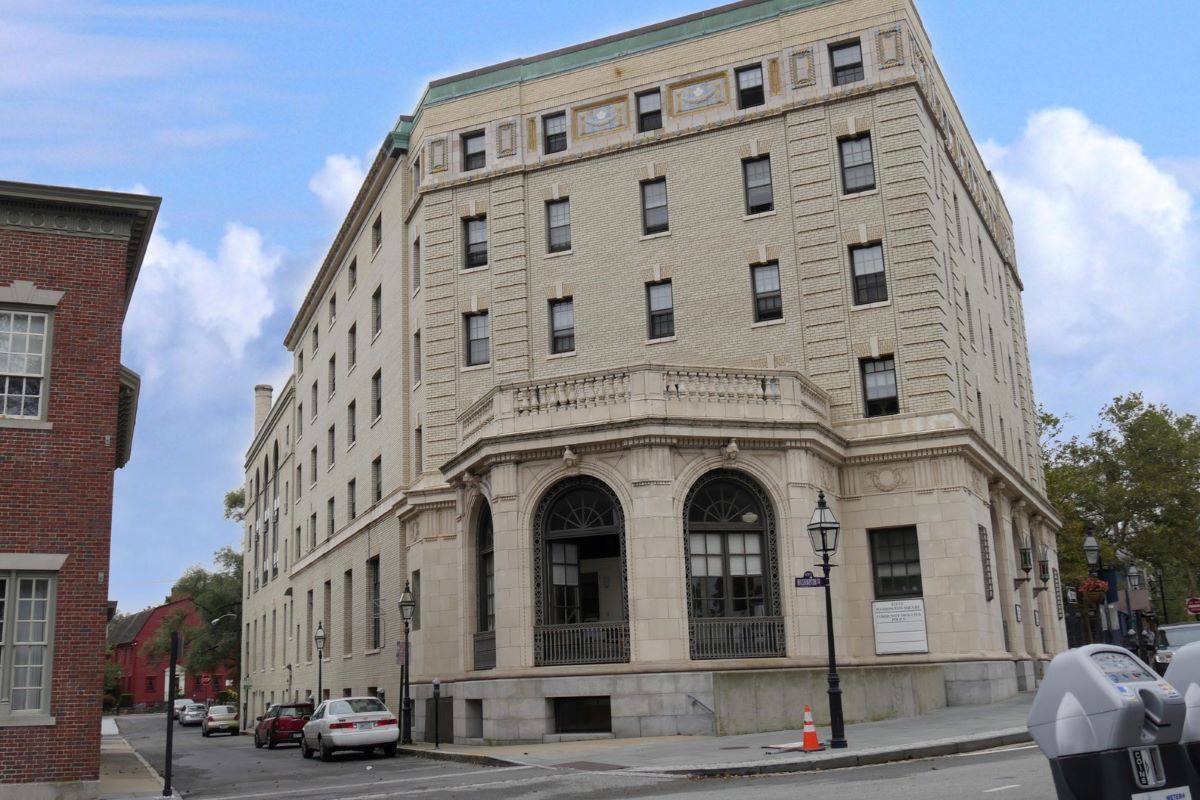On February 7, 2023, The Bipartisan Policy Center released a report acknowledging the relationship between affordable housing and homelessness. Unlike past narratives, this legislative brief relies strictly on the data to conclude the most effective ways both political parties can address homelessness. Ultimately, the paper emphasizes Housing First objectives and the need for permanent, supportive housing.
The authors of the report are urging both parties to work together toward accomplishing housing goals. One compelling statement in the paper concisely explains the reason for this shift in legislative sentiments:
“…the growing consensus among researchers is that individual attributes and circumstances (sometimes referred to as precipitants of homelessness) do not drive overall rates of homelessness. While they may make individuals more likely to experience homelessness, they do not explain why some places experience a greater incidence of homelessness than others.”
The Bipartisan Policy Center Acknowledges that Homelessness is a Housing Problem, not a Personal Problem
After carefully reviewing research papers and academic assessments, The Bipartisan Policy Center found the same holes in the narrative that housing advocates identified.
The studies presented in the paper show that certain attributes, such as:
- Poverty
- Race
- Mental health
- Addiction
- and other socioeconomic conditions
can increase the likelihood an individual might experience homelessness. However, these are not the key drivers of homelessness. Housing is.
Authors of the paper note that drug addiction and mental illness are common all across the country, not specifically in areas where homelessness has reached its most alarming rates. They highlight the fact that some of the cities with the highest rates of drug overdoses still maintain the lowest rates of homelessness. They hone in on cities with the highest poverty rates and distinguish a similar trend.
States with the Highest Rates of Homelessness per Capita Have One Thing in Common: A Lack of Affordable Housing
While rates of all secondary symptoms of homelessness, such as mental health, poverty, and addiction, varied across the country, states with the highest homelessness rates exhibit the following two distinct features:
- a surge in population growth that was not addressed with enough housing to fill the new demand
- an increase in rents paired with a reduction in vacancy rates
According to experts, when the above-listed scenarios occur, extremely rent-burdened and vulnerable residents are pushed from a life of scarcity into the desolate state of homelessness.
Acknowledging the Housing Problem and Addressing It
For a brief, this paper spoke volumes, shining a needed light on previously underreported research. By acknowledging the affordable housing issue and presenting hypothetical solutions to address it, the paper provides an insightful, research-based blueprint for building a better America.
Some of the recommended legislative actions include:
Organizing ERA Programs
The Bipartisan Policy Center suggests that ERA, also known as emergency rental assistance, be used effectively to address public needs. This program served as the backbone for homelessness reduction in 2020 when the pandemic and subsequent shutdowns rocked the country’s economy. Other programs, such as the expanded childcare credit, the expanded unemployment benefit, and financial aid packages, are also mentioned as potential preventative measures.
Housing Choice Voucher Program Expansion
Experts project that this program has not been paced to meet the current needs of US citizens and must, therefore, expand to prevent homelessness.
Alleviating Restrictive Zoning and Land Use Regulations
States with higher unaffordable housing rates tend to exhibit restrictive zoning and land use regulations that make building new affordable housing units nearly impossible. In addition to loosening these laws, experts recommend incentivizing city leaders and real estate developers by offering tax breaks and other perks to corporations that build more affordable homes.
Making Permanent, Supportive Housing the Top Priority
All studies affirm a Housing First objective as the least costly, most effective way to reduce homelessness. This paper acknowledges the growing need for permanent, supportive housing and embraces the Housing First approach as the most viable model moving forward.
Homelessness and Housing are Bipartisan Issues
The structural component of the homeless crisis can no longer be ignored or pushed to the side by simply shining a spotlight on secondary causes. Academics and housing advocates have long been on the same page, pushing to advance affordable housing. Will Democratic and republican leaders follow suit? The answer might depend on you.
Call Your Lawmakers and Express Support for Housing First Today
Recent surveys indicate that on both sides of the political aisle, leaders and lawmakers act in a manner that favors voter interests over personal interests. More than half of US city leaders admit they are more concerned with limiting residential complaints than eliminating homelessness.
For this reason, it’s imperative to let them know that your biggest complaint is the lack of affordable housing crisis, and your vote relies heavily on how they intend to handle it. No matter where you stand at the polls, Housing First is a legislative movement we can all get behind.











